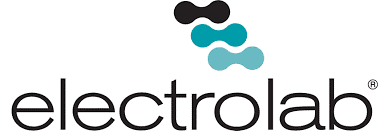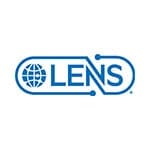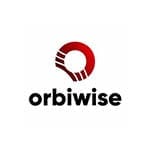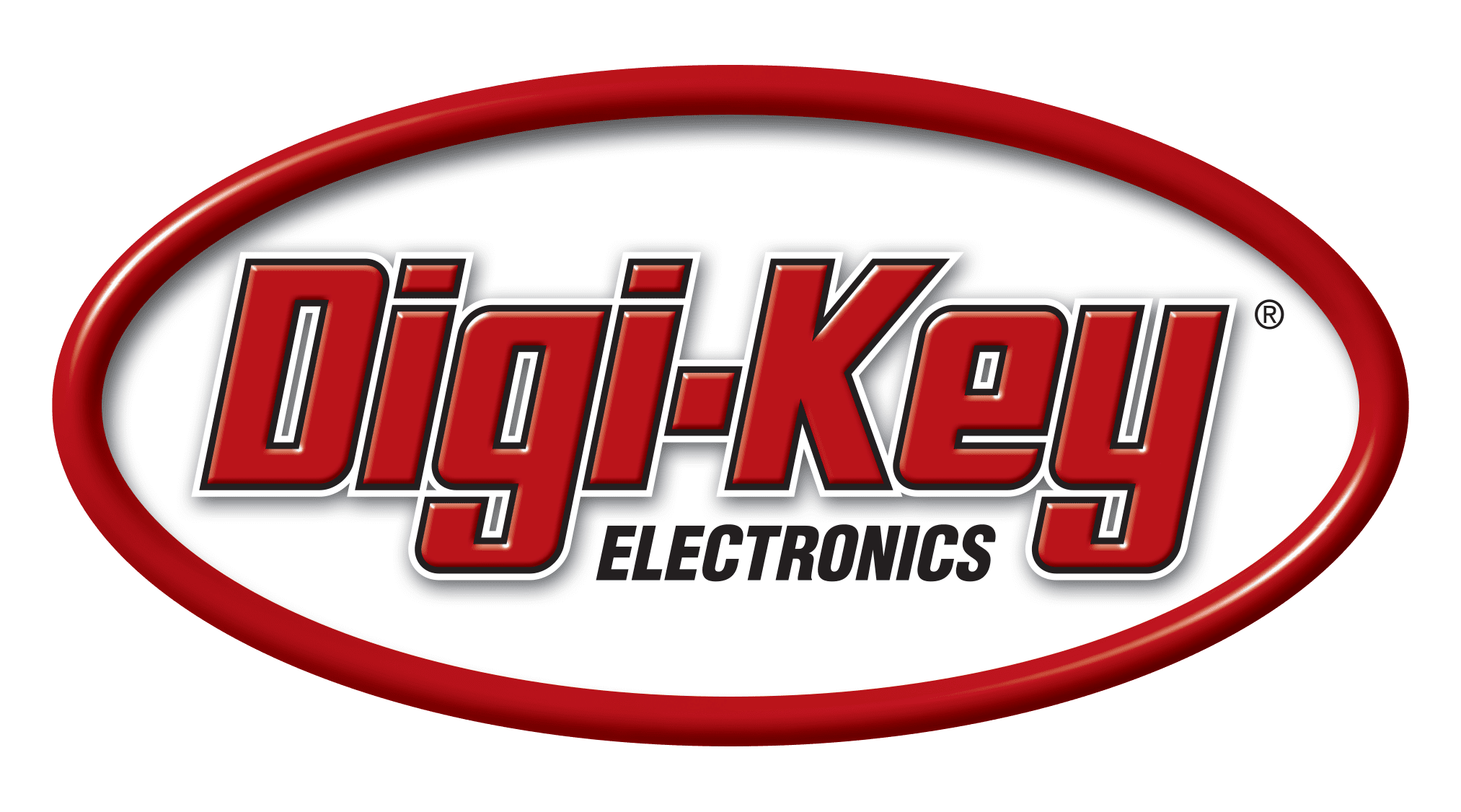Like nothing else in the industry.
The VoBo GP-1 and HL-1, fully autonomous LoRaWAN endpoints, allow data to be captured wirelessly from remote locations with the dependability you demand.
VOBO GP-1 FEATURES
The VoBo GP-1 is industrial grade and converts wired industrial sensors and transmitters into long-range wireless sensors. This permits operational data to be collected inexpensively and transmitted to the cloud for further analysis and reporting.
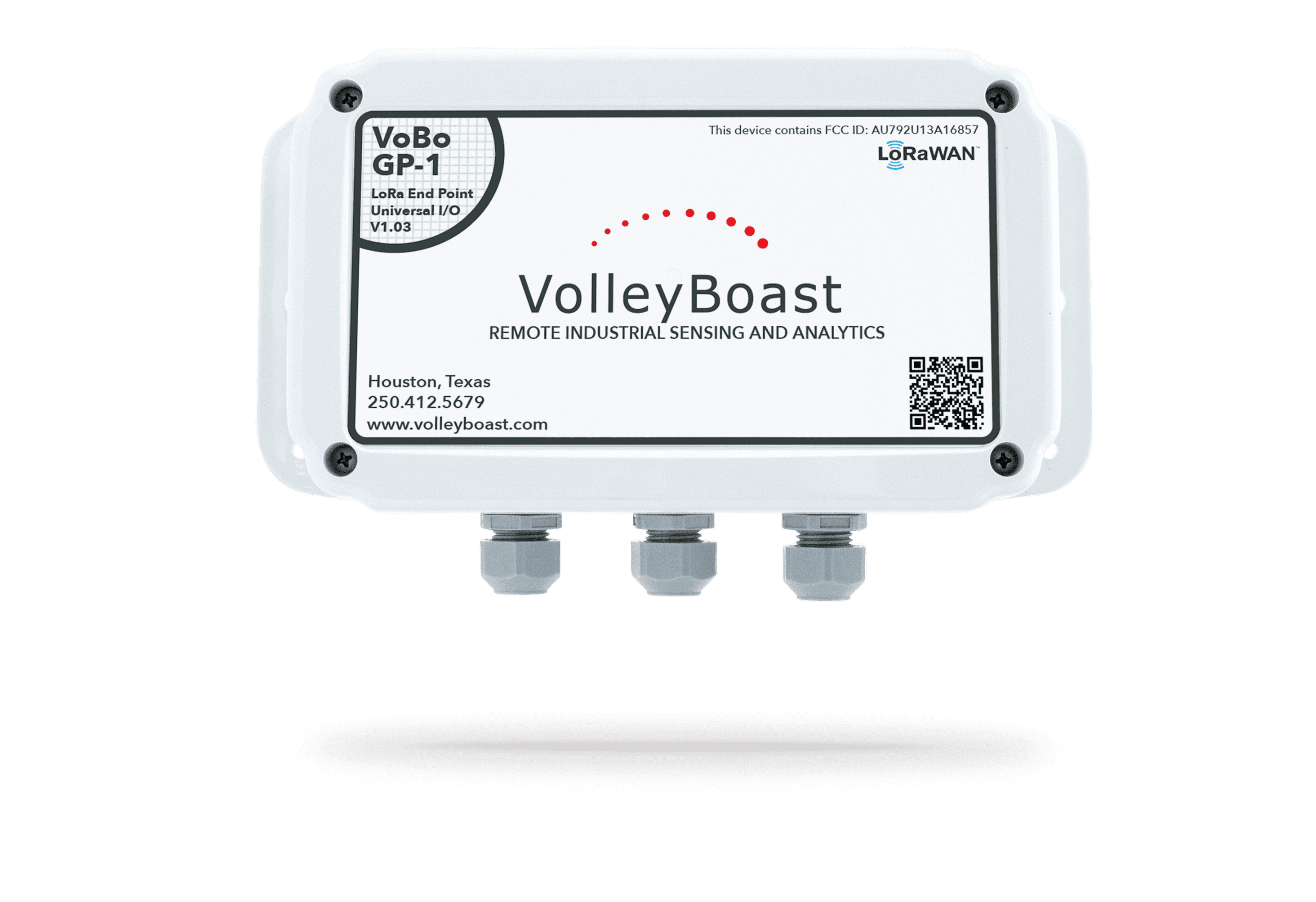
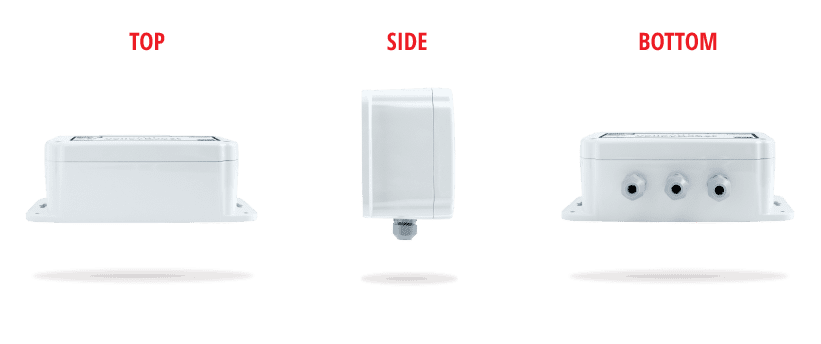
Compatibility
Analog - Voltage and 4-20mA
Discrete Dry Contact I/O
Serial Modbus RTU
Configure
Easy to install and deploy
Connect and Power
Up to three sensors/transmitters per unit


Power Supply
2+ years of service with a single replaceable battery
Transmission
Works with any LoRa Alliance certified gateway - up to 10 miles RF Range
Rugged
NEMA 4X & IP68 case withstands harsh environments
JUST A FEW INDUSTRIAL APPLICATIONS
Measure and monitor nearly any data point in any industry.

Chemical

Oil and Gas

Water

Food

Energy
| Level | Vibration | Humidity | Air Quality |
| Temperature | Acceleration | Soil Moisture | Water Quality |
| Flow | Rotational Position | Soil Temperature | Insulation/Irradiance |
| Pulse Count | Height | Output/Load | Tilt Angle |
| Open/Closed | Distance | Voltage | Liquid pH/Acidity |
PURCHASE OPTIONS
FROM OUR DISTRIBUTORS
Corporate Accounts and Integrators: Please contact VolleyBoast directly at info@vbstage2023.wpengine.com or 250-412-5679
FREQUENTLY ASKED QUESTIONS
IoT stands for the “Internet of Things.” This is the idea that any device that uses power can be connected to the internet. There has been tremendous uptake for IoT for use with personal, retail, and, to a lesser extent, commercial applications. IoT has had less penetration into the industrial space primarily due to limiting factors associated with power management and connectivity.
No. The VoBo endpoint is designed to power sensors, process their signals, and communicate them to the gateway. VolleyBoast can advise customers in choosing the appropriate sensor, if they do not already own them. Customers are responsible for installing and maintaining the sensors.
LoRa (short for “Long Range”) is the RF technology, and LoRaWAN is the protocol. Standards for LoRa/LoRaWAN are maintained by the LoRa Alliance.
LoRaWAN is part of a family called LPWAN (Low Power Wide Area Network). LoRaWANs can be managed as either public or private networks. Public LoRaWANs are operated by service providers (such as Actility, Helium, Orbiwise, and Senet) and allow customers to deploy LoRa enabled devices without having to worry about the gateways and all of the other network management issues. Private LoRaWANs are generally used by larger customers with the technological skills in house necessary to manage a network; such as Multitech’s LENS. Alternatively VolleyBoast can set up and manage private LoRaWANs through its Monitoring Service.
VoBos use 3.6 V Primary lithium-thionyl chloride batteries. The required number of batteries are provided with the VoBo, replacements may be purchased by the customer.
Battery life depends on a variety of factors such as types of sensors used, how long the sensors need to be powered to take an accurate reading, how often readings are taken, and a few other less determinant factors. Under most use cases, a single 13 Ahr battery will last 2 or even 5 years depending on the combination of these factors.
Yes, this requires a special configuration and is, therefore, more expensive. VolleyBoast does not offer this configuration “off the shelf” so please contact us if this is something you are interested in better understanding.
It is not recommended as there are better alternatives for accomplishing this. VoBos can be deployed on equipment that is mobile as long as it remains in range of a gateway when it is operating.
SCADA (“Supervisory Control And Data Acquisition”) systems generally require constant power and are well-suited for large, complex industrial operations requiring real-time, continuous two-way communication. LoRaWANs, alternatively, are best used in situations requiring intermittent communication with measurement endpoints and when information can be adequately conveyed in small data packets. Both SCADA and LoRa have their respective places in the industrial world and really function best when working together. With LoRa we can make data available directly to the customers business systems or data lake.
To date, there has been significant uptake for LoRa devices in the consumer, retail, and commercial sectors. Solutions for industrial applications provided by other vendors typically integrate LoRa functionality into the sensor. This restricts the sensor choices available to the customer.
No. VoBos can be used with any LoRa Alliance certified networks. There are several public networks in operation that may have coverage in the area of interest.
Design modifications are being implemented for certification for location in Class I/Division 2 hazardous areas in the US and to be able to connect with most Intrinsically Safe sensors.
Yes. VoBos come with default settings. Customers can change these settings remotely over the cloud through our customer portal or locally with a custom RS-232 cable.
Absolutely. As long as you comply with laws, code, and your particular industrial regulations, you can easily install VoBos on your own equipment. LoRa radios operate in the unlicensed radio spectrum, which means an FCC license is not required to operate a LoRa network.
Our current distributors are Digi-key and BiPOM Electronics. Corporate accounts and integrators: please contact us at info@vbstage2023.wpengine.com or call us at +1 250-412-5679.






